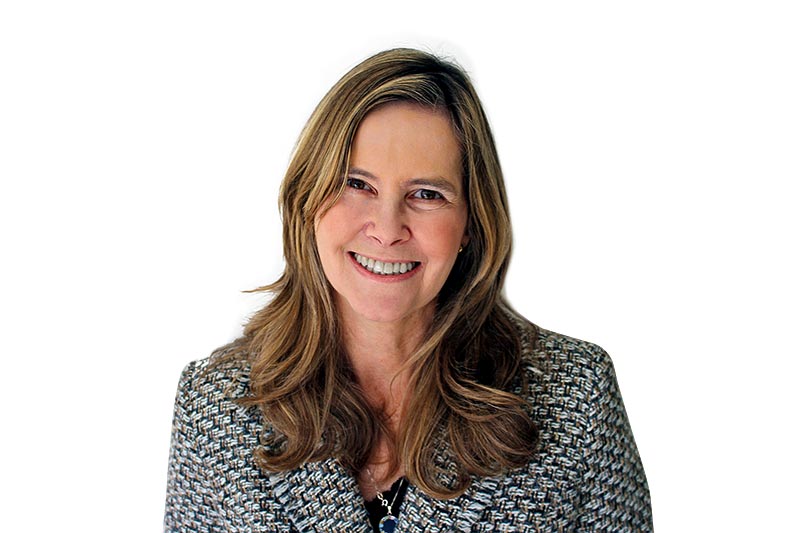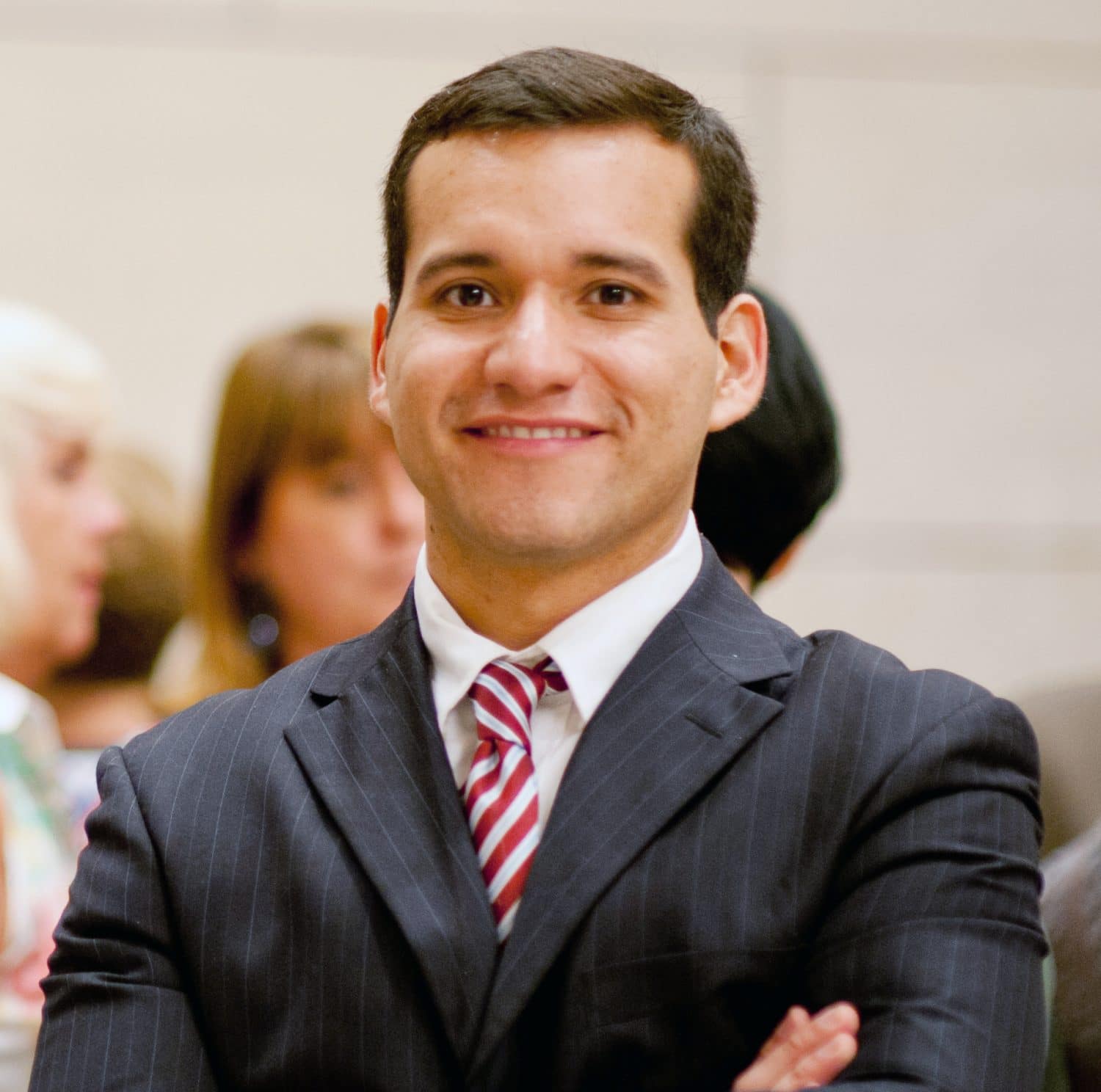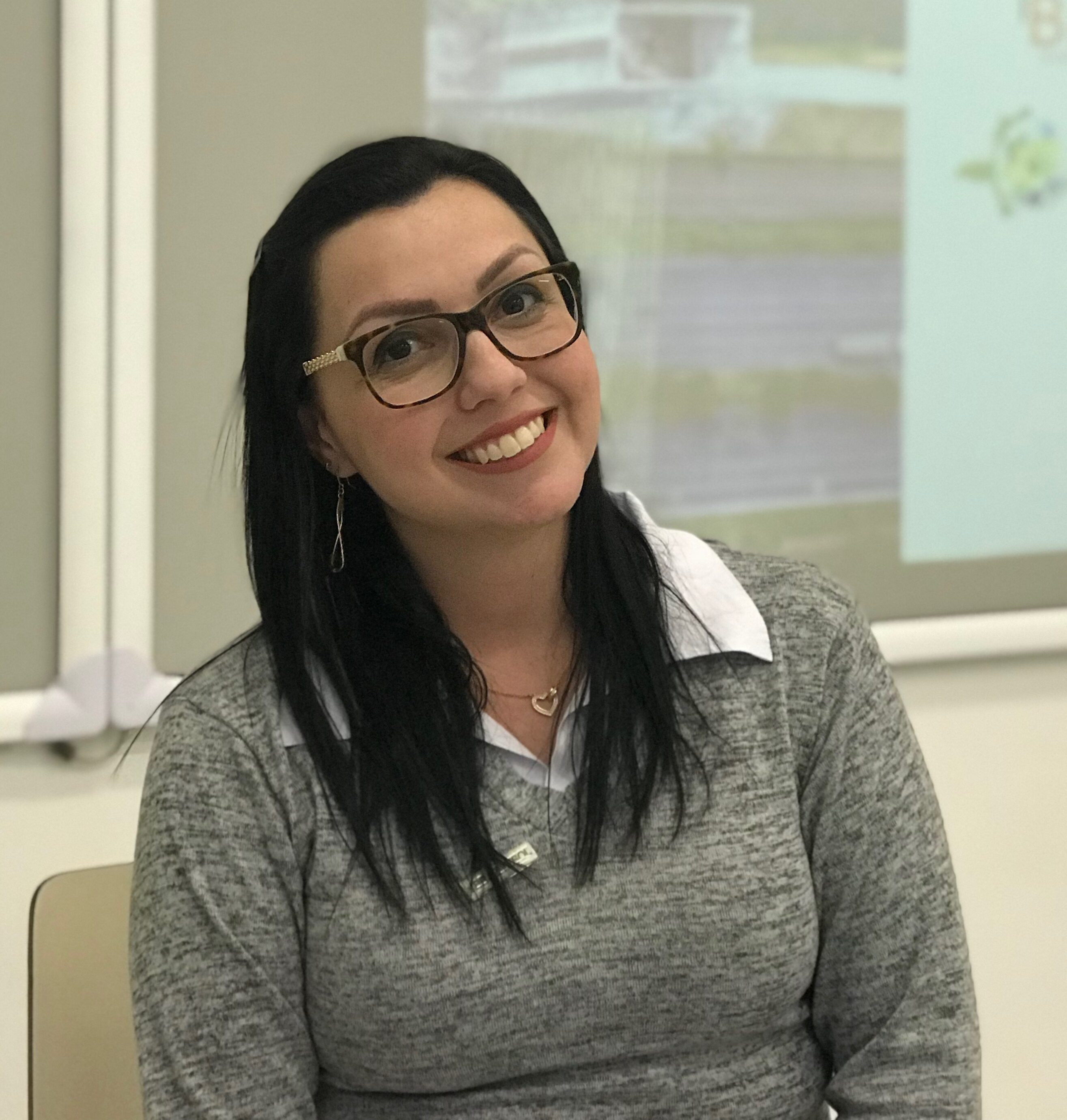What research has taught me
I’m finally done with my research project. And with my writing, too. While it was an exhausting enterprise, it was also incredibly self-fulfilling. Most people tend to think that research is about collecting data and statistics. A lot of people look at research as if it was conducted by a team of experienced academic researchers committed to finding naked, plain truth. It’s not. Or rather, it shouldn’t be. In his article entitled “The Uselessness of Certainty,” Physicist Carlo Rovelli claims that “the very foundation of science is to keep the door open to doubt.” We all need to make sense of things in our lives and we are always looking for answers that fit our presuppositions and our imagined ideas of truth. American physicist Neil Gershenfeld says that truth is a model and that “building models is different from proclaiming truths.”
You have probably come across terms such as “evidence-based research.” While it sounds reasonable to rely on evidence, keep in mind that qualitative research looks into smaller samples of data in an attempt to gain an in-depth understanding of a certain phenomenom in the area of psychology, social sciences, teaching and learning, for example. This is to say that it takes into account a specific context. Thus, generalizations in qualitative research are very unlikely. The objective of qualitative research is to offer insight on human behavior and help those who seek this type of understanding. On the other hand, quantitative research needs a large amount of data to claim that a certain phenomenom is always true. Quantitative research relies on figures and statistics to verify whether certain hypotheses are true.
That said, in qualitative research , the concept of truth as we know it doesn’t exist. At least, this is what I believe in. What we can do is experiment with our assumptions and imagine possible outcomes, but one thing that I’ve learned is that we do research with our hearts and there’s more of us in our research than we can imagine. Whether we are looking at a scientific article in the field of quantic physics or qualitative research in the field of EFL, what we’re looking at is someone’s (perhaps lifelong) passionate commitment to their work. Research is also about pursuing life goals and meaningful experiences.
So, what has research taught me?
It has taught me a number of things that I didn’t expect to discover:
- Most likely, the data you will gather will not meet your expectations Give it a second chance.
- Research is not a linear process. You think you’re done with the literature, then you look at your data and find out you need to learn more about a theoretical framework for the analysis.
- It is wonderful to discover something you have never thought about.
Here are the first steps into research if you decide to go for it:
First of all, what would you like to understand about your students, or your practice? Find your research question, or your puzzle question.
Next, you need to ask yourself these following questions based on Guba (1990). There are more questions you need to ask yourself, but this is a good beginning).
Ontology: “What is reality to you?”
Do you believe that there is “a single reality,” or that “reality is created by individuals?”
Epistemology: “How can I know reality/knowledge?”
Can knowledge be measured, should it be interpreted as a problem that needs to be solved, or should it be simply interpreted?
Methodology: “What approach can I use to know reality/knowledge?”
Should I simply lay out the data and interpret it as being the measure of truth or should I interpret the data taking into account my subjectivity?
Once you have found out some answers — you don’t have to know everything at this point, you need to find out what research paradigm, that is, the methodology that best accommodates your beliefs. For example, both Action Research and Exploratory Practice tell us that we should work together with our community of practice (students, teachers, and others involved in our practice) to gain an understanding of everyday classroom issues, such as why students refuse to speak English when they need to do group work. However, while Action Research tells us that we should take action to solve this issue, and consequently, see it as a problem-solving enterprise, Exploratory Practice tells us that we should work for understanding, and it is our deeper understanding of classroom life that will help us gain insight into our own practice and deal with issues that we are faced with.
Read what other people have written about your research topic. If what you are reading is not enough, look for what people have written in other fields of knowledge. I had to read about photography, psychology, and literature to gain a deeper understanding of how images are read in the EFL classroom. You may have to pay for some online articles if you want to find reliable sources. It comes with the job.
As I said before, get ready for unexpected outcomes and get ready to find ways to deal with it. I couldn’t make sense of the data when I first looked at it. I assumed that it would lead me to nothing. What a surprise that I had when I gave it a second chance. Contrary to what I had expected, it was extremely rich. Don’t let yourself get fooled. Sometimes a short text produced by a student can reveal a lot!
You will need help with your writing. Academic writing is different from everyday writing. There are some steps you need to follow and some protocols to guide you through your writing. Because most research takes place in academic contexts, you will need an advisor or a more experienced colleague to help you.;
You will also need the support of your family and friends. It is a lengthy process and you will need to juggle family and professional commitments, your research project included. That means you will need to ‘bail out’ of family events and spend hours, days, weeks and perhaps months with your eyes glued to a computer screen and books and papers.
Well, I hope these words inspire you to move forward in your EFL career and get you started in research in EFL. You won’t regret it. I promise.
Sources:
Gershenfeld, Neil. Truth is a model. In: (Brockman, John (Ed.) This will make you smarter. London: Black Swan, 2012, p. 72-3
Patel, Salma. The research paradigm – methodology, epistemology and ontology – explained in simple language. https://salmapatel.co.uk/academia/the-research-paradigm-methodology-epistemology-and-ontology-explained-in-simple-language
Rovelli, Carlo. The uselessness of certainty. In: (Brockman, John (Ed.) This will make you smarter. London: Black Swan, 2012, p. 51-2






